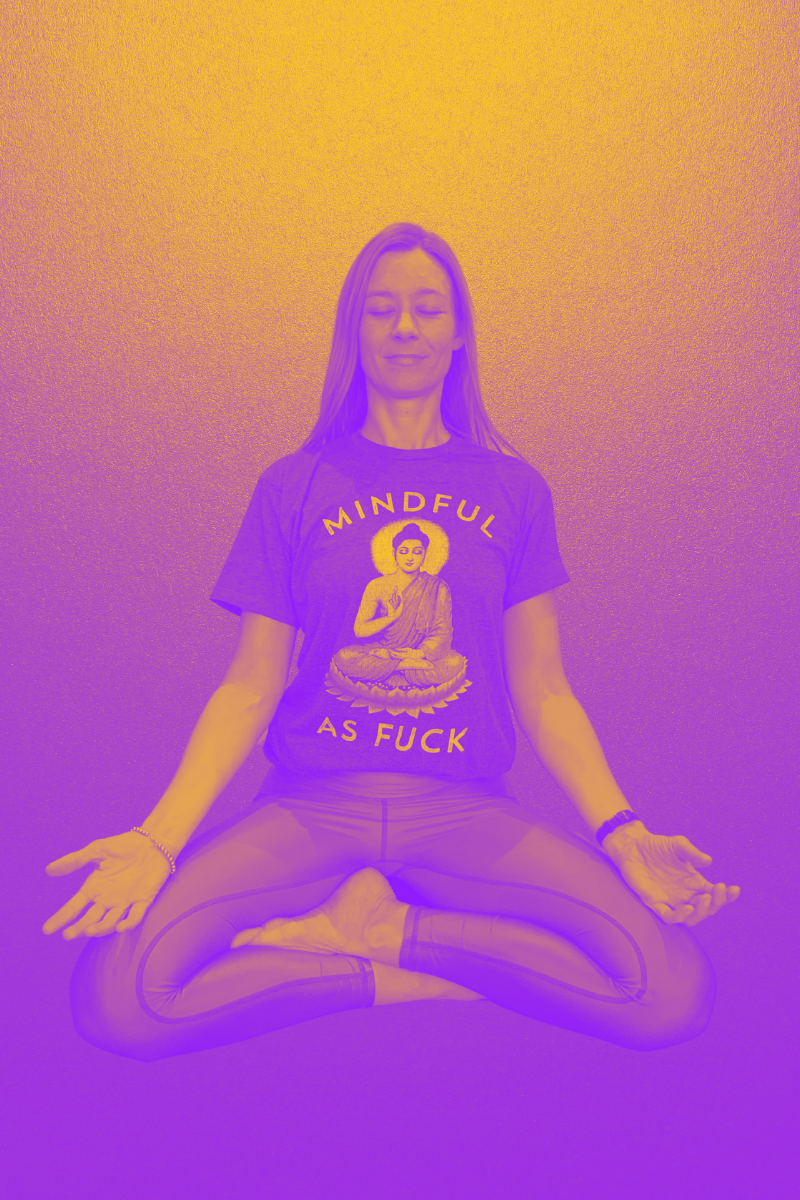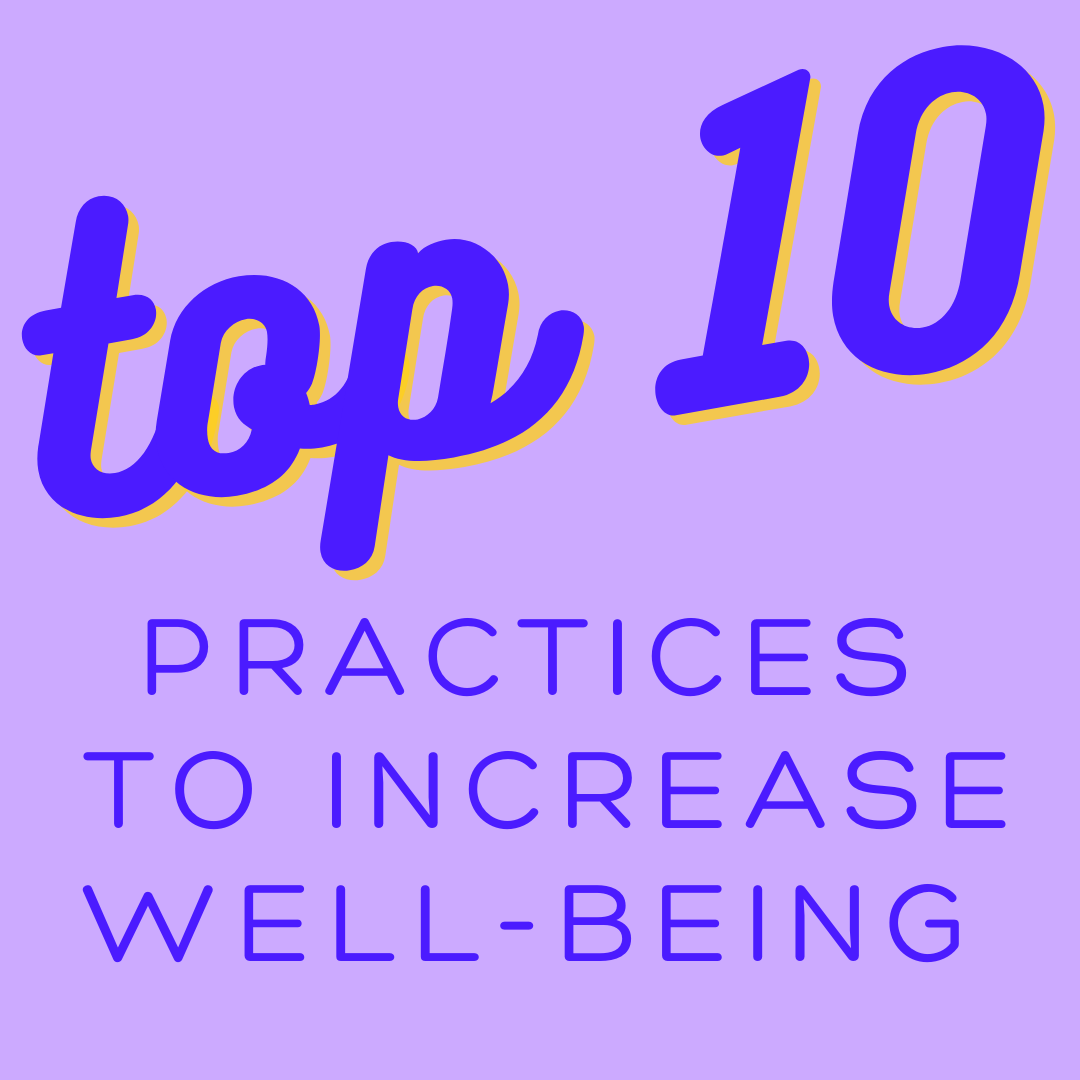If you are like me, you probably already have a meditation or mindfulness practice. If you are like me, you may also find yourself wondering how it is helping you. Let me back up.
I have been practicing meditation for years, and I'm sure it has helped me in some areas of my life - I felt calmer, more grounded - but in other areas I kept on living the same patterns, falling into the same traps and reacting to the same triggers. My biggest challenge? Fighting with my husband - and getting loud. When I yelled I did not come across - even to myself - as someone wise, calm and grounded, someone who practices meditation and yoga all the time.
Me: Why the fuck isn't my meditation fixing this?
Universe: Sit back down, kid.
In difficult situations, I found myself leaning more on meditation as an answer, but forgetting about mindfulness. I was not forgetting about mindfulness, because I felt it was less important, but I imagined that by meditating, I automatically became more mindful. Spoiler - Not true. Further, I was tricked by my faulty belief system about the value of multitasking and productivity, causing mindfulness to take a distant backseat in my daily life.
For me the absolute (third) eye-opening, mind-blowing realisation came from the simple line - multitasking is the opposite of mindfulness, which I explore in this separate post.

Meditation - to slow the mind & balance the energy
For me, meditation looked like it is often described in books and blogs - like sitting cross-legged on the floor in the morning, with a candle burning and the strong smell of palo santo to clear my mind. At first, I had a hell of a time sitting still, and tried all types of different meditations - sometimes guided with text (I love the Morning Meditation by Joe Dispenza) or practicing Kundalini meditation with special breathing techniques. It was hard to 'do nothing' and so I needed these things to focus my mind.
Over time, I was happy to just sit there and spend time with myself. Over time, I developed a visual image of myself sweeping the leaves off the stone path of our summer cottage. The leaves constantly fall, and constantly need to be swept away - to keep things looking clean and nice, but also to keep bugs away and damp, to keep us from slipping and hurting ourselves. It serves us all to have a clean path. The sweeping is a 'mindless' sort of cleaning task, but one that makes me feel better while doing it, and also when it's done. And 'mindless' is exactly what I am going for, with meditation. A chance to stop thinking and turn off my mind.
I imagined my thoughts to be the leaves, they could come, they would come, but I didn't need to pay attention to them. This was a relief! I didn't need to investigate these thoughts, to think them through with pros and cons, to come up with a plan. This was not the time. I could fully let go of any outcome oriented thinking and 'sweep' the thoughts away. This became a part of my daily hygiene routine, like brushing my teeth, I also swept my mind.
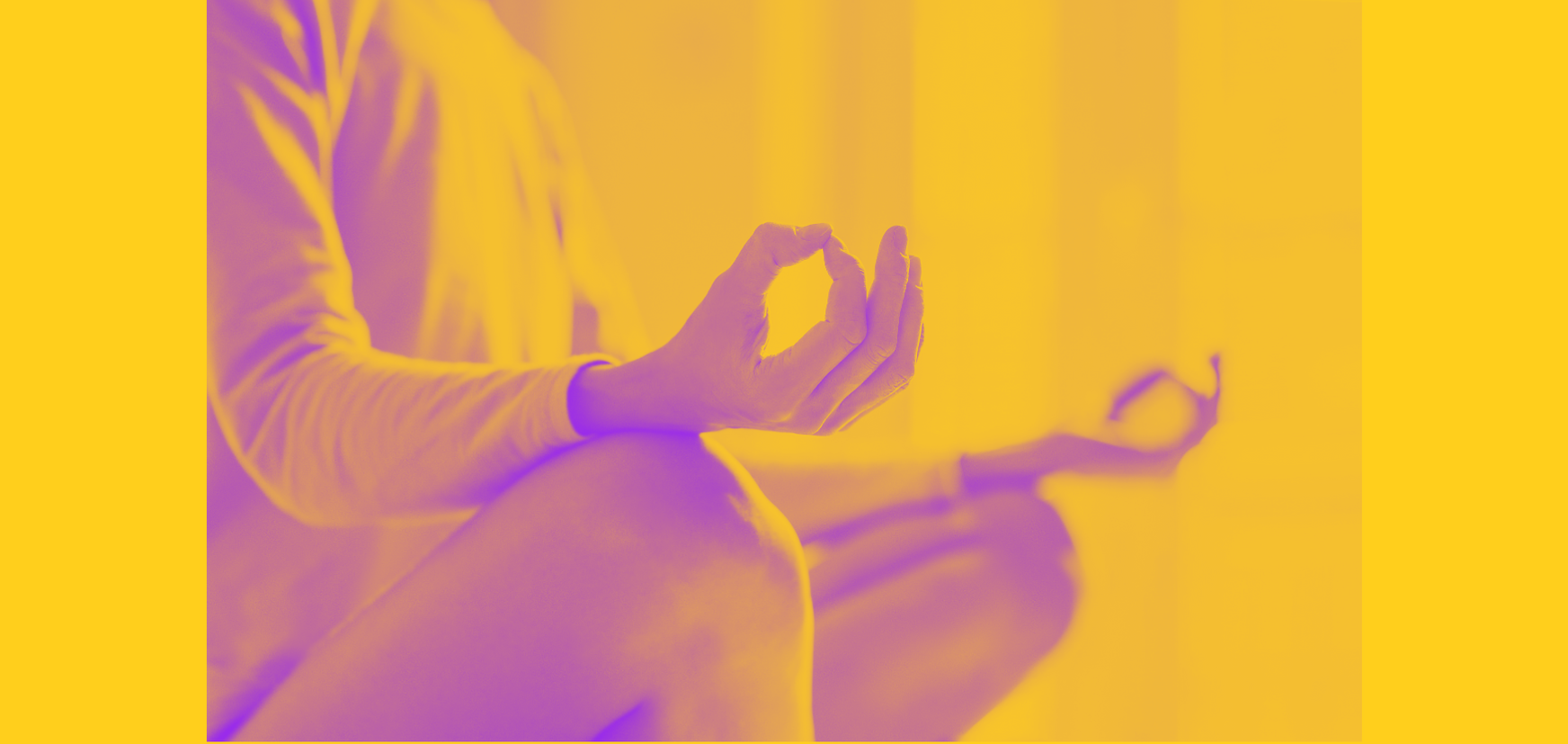
Meditation helped me to achieve a base calmness, that gave me the strength to tackle the rest of the things in my day. But what I learned, is that meditation on its own, is not enough.
“The only way to the conquest of suffering leads through the practice of mindfulness” – Buddha Shakyamuni”
Mindfulness - to catch the Holy Instant
Let me go back to the example I gave, of yelling at my husband. We have been together already for 18 years. Neither of us are what you would call ‘easy’ people. We have a lot of things to discuss, work, family, philosophy, and often I would raise my voice. This seemed normal to me, but was really hard for my husband to take. He asked me to change, but change came too slowly.
Furthermore, I found that whenever I yelled, I lost the point. I could have a perfectly valid, objective reason for anger, frustration, whatever, but the moment I raised my voice - I lost. I knew that, but still I could not control it. I wanted to change this - and set this intention, often. But the struggle continued. I did not have control over my emotions. Realizing this felt terrible - it painted a different picture of me, than who I thought I was. Having alignment between who we think we are, and how we show up in the world, is essential for feeling comfortable in your person.
Mindfulness gives you the power to choose how you want to react.
For me, mindfulness is both an inner and outward attention. It means doing things wholeheartedly and with your full attention (outward). It also means checking in often with yourself on thoughts and feelings (inward). Devoting my attention to one thing at a time, helped me to eliminate distractions and create the space to catch the "Holy Instant". This was important, because when I was distracted (ie: multitasking) my mind was already split between thinking different things. There was no room for new thoughts.
The Holy Instant is a term I read in Gabriele Bernstein's book The Universe has your back. She describes it as the possibility to reexamine a situation with a loving perception and see it differently. I love that idea, and also the concept of the Holy Instant, but define it differently for myself. I see it as:
I choose to see the Holy Instant as that brief moment of awareness that comes between action and reaction. Increasing the amount of space between action and reaction, increases your awareness of your power to choose. To me, this is the highest form of self awareness, to be able to choose your reaction.
I knew, I had to choose differently to keep my home a happy home. I just kept missing that instant between action and reaction. So, I slowed down. I made a point to really learn mindfulness - I re-read Peter Riedl's Book 'May your Practice Succeed' to learn more of the theory behind Buddhism or to get some practical tips for practicing mindfulness in daily life, because obviously my practice had not succeeded the first time around. I began to make doing less of higher value than doing more. I stopped washing dishes while talking on the phone. I stopped checking my inbox while helping out with homework. I closed all the extra tabs on my computer. I practiced brushing my teeth with mindfulness. Now ? Mindful AF.
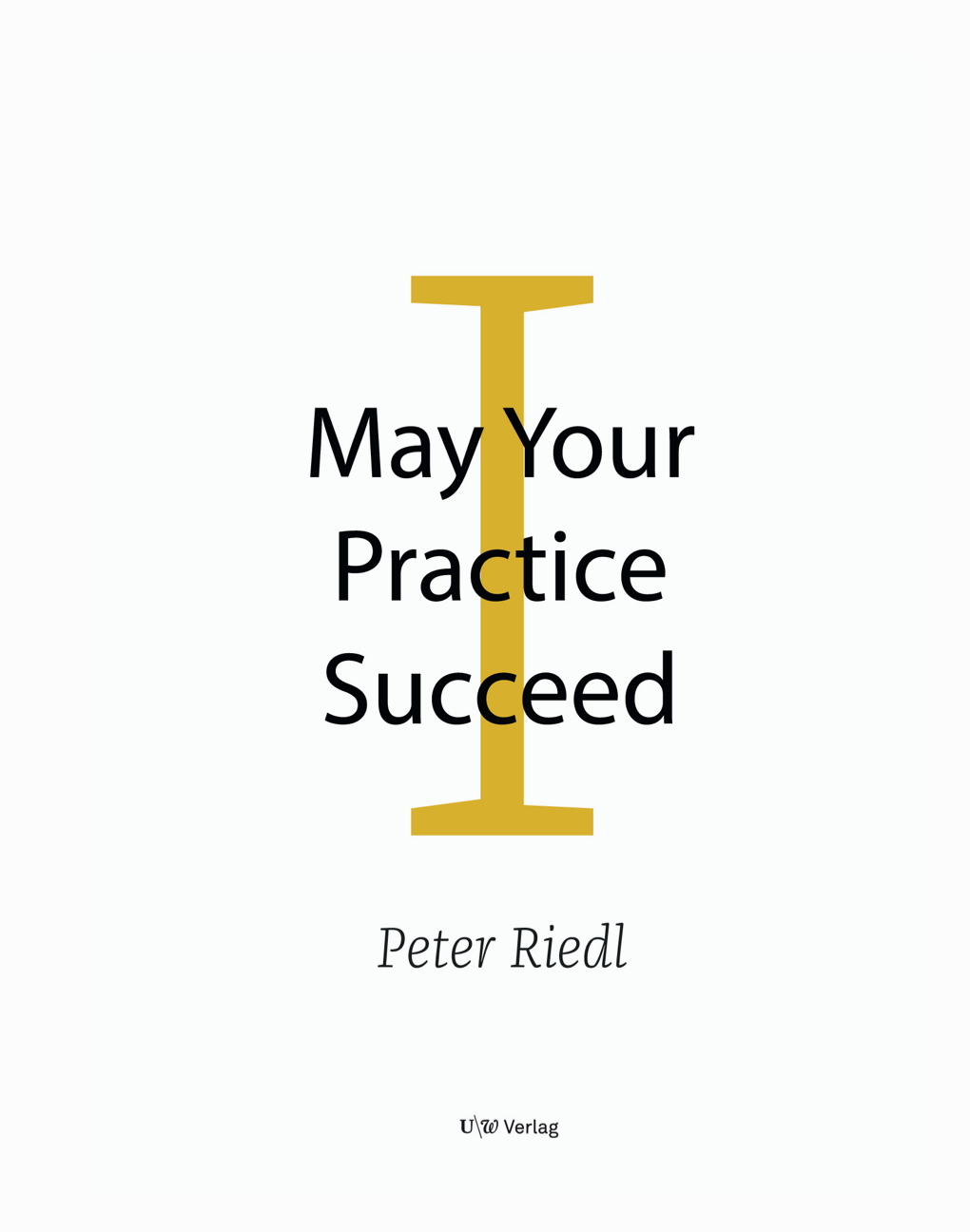
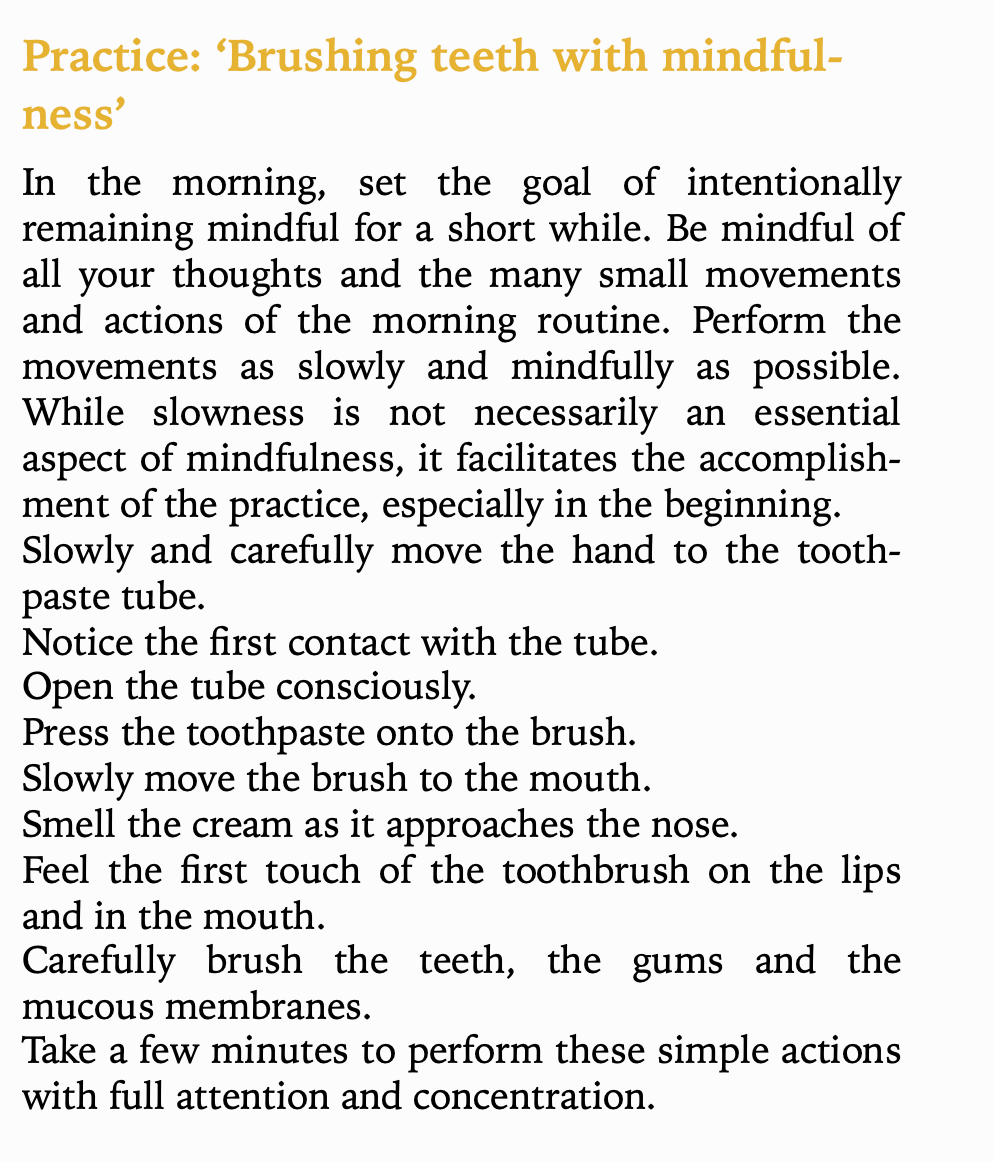
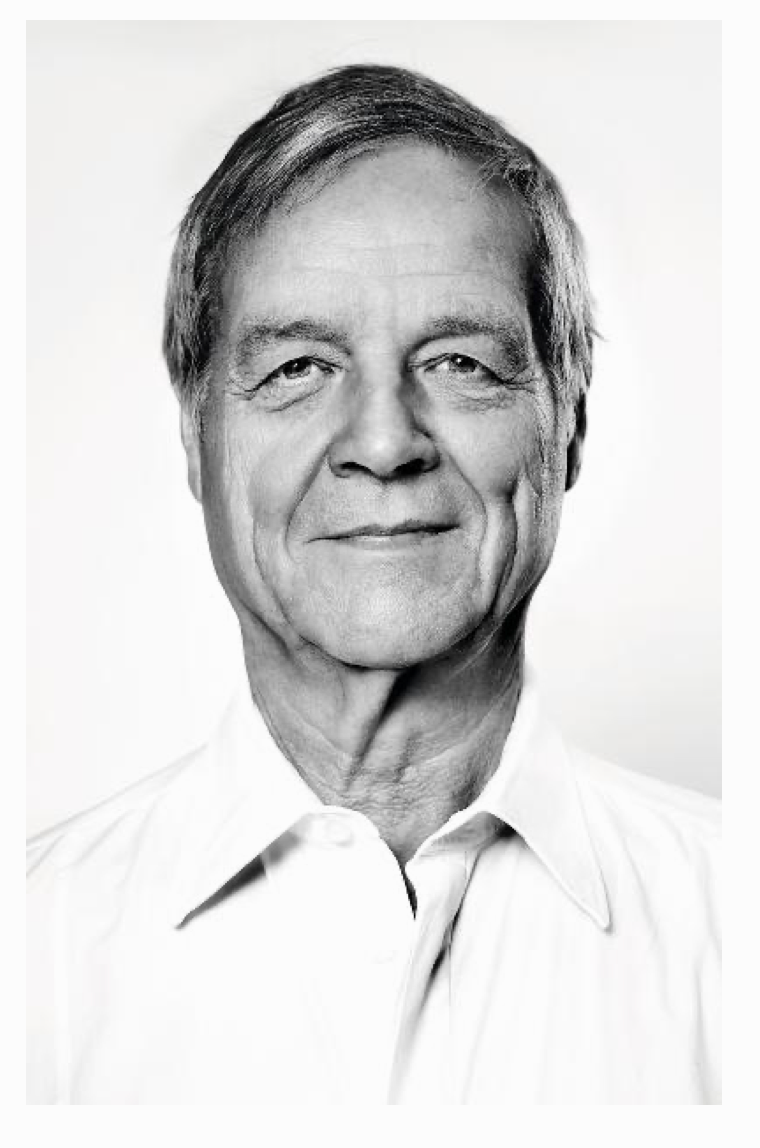
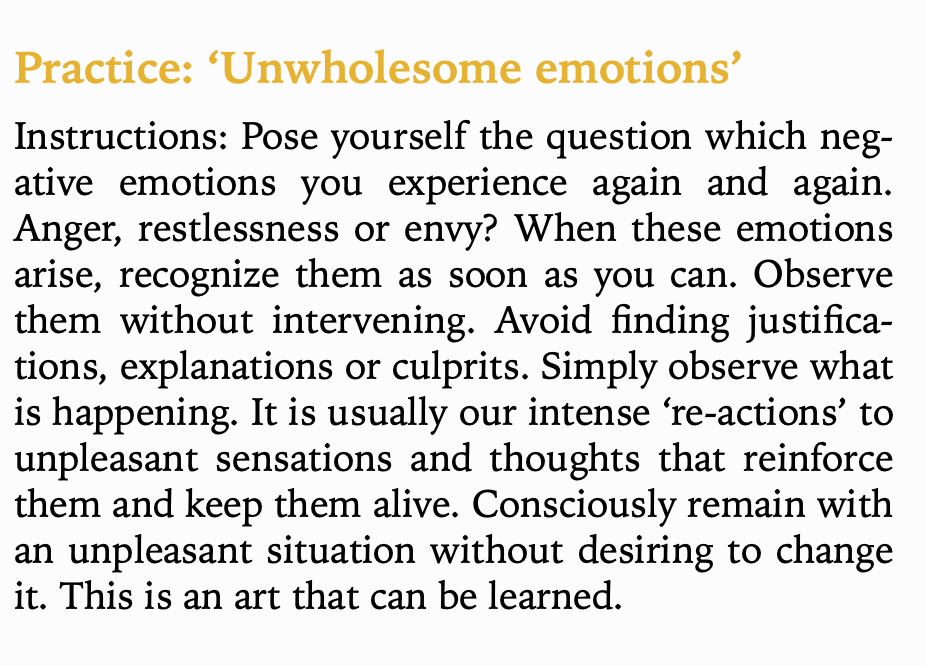
By being mindful in all actions, and aware of my intention to to act differently (stop yelling), I started to slow my reaction time, beginning to change reaction into action. My husband was happier - yay- and I felt better about myself.
It even helped me win some big discussions, on the merit of my points and not on the volume of my words.

